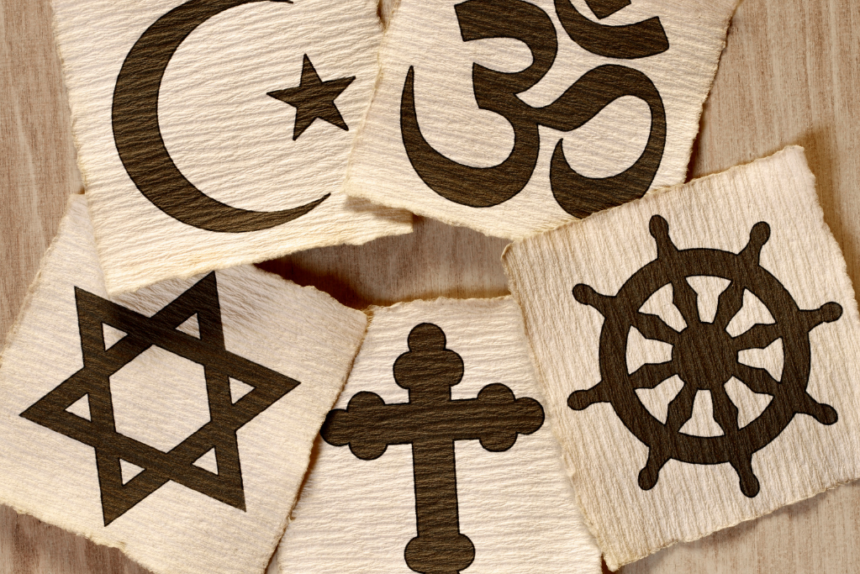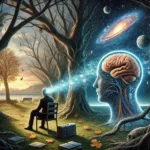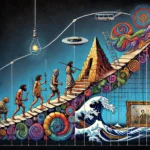Since time immemorial, Gaians have pondered what happens after death. The idea of a soul transcending the physical body is common to many cultures, although interpretations of its fate vary widely. From the great religions to more modern philosophies, these beliefs reflect not only the hopes and fears of Gaians, but also their desire to understand their place in the universe.
The idea that consciousness is fundamental and persists beyond the physical body resonates with almost every intelligent species in the Universe.
Abrahamic Religions: An Eternal Existence
The three Abrahamic religions (Christianity, Islam and Judaism), which are three of the most widely followed religions in the world, share a belief in an existence that transcends earthly life.
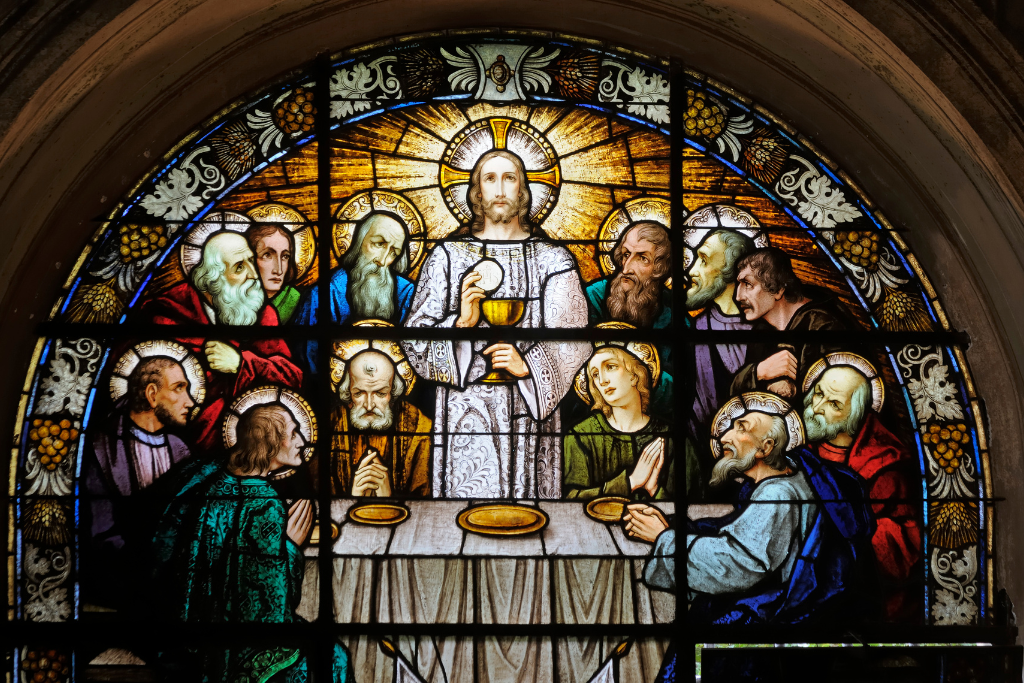
Christianity:
Christians believe that the soul is judged after death and that its final destination is either heaven, hell or purgatory, depending on the individual’s actions during life.
Islam:
For Muslims, life after death involves a divine judgment, followed by an existence in Paradise or Hell.
Judaism:
Although Judaism focuses more on the present life, some branches believe in the Olam Ha-Ba (the World to Come), a form of spiritual existence after death.
Eastern philosophies: Reincarnation and the cycle of samsara
In Hindu, Buddhist and Jain traditions, life and death are not absolute states, but part of a continuous cycle of birth, death and rebirth known as samsara.
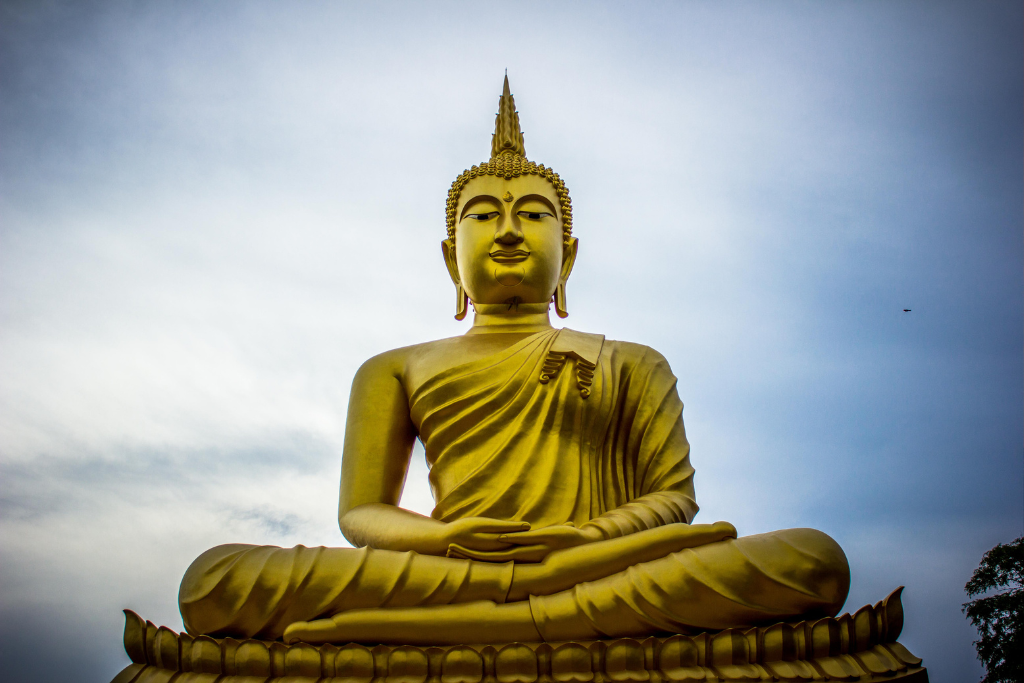
Hinduism:
Hindus believe in reincarnation, where the soul (atma) is reborn in a new body according to its karma accumulated in previous lives.
Buddhism:
Buddhists also believe in the cycle of samsara, but the ultimate goal is to attain nirvana, a state of liberation and peace beyond the limitations of the physical world.
Jainism:
Similar to Hinduism, Jainism teaches that the soul is trapped in a karmic cycle, but can be freed through spiritual purification.
Indigenous Beliefs: Communion with the Ancestors
In many indigenous cultures, death is not perceived as an end, but as a transition to a state in which the soul remains connected to community and nature.
Mayan Cosmovision:
The ancient Maya believed that the dead travelled to an underworld called Xibalba before being reborn in another form.
African Traditions:
In Africa, many cultures view ancestors as spirit guides who continue to influence the lives of the living.
Modern Perspectives: Science and Spirituality
In the contemporary era, science and spirituality are intertwined in new interpretations of the afterlife.
The Gaians also show a universal fascination for what lies beyond, which has conditioned their development in many ways.
Near Death Experiences (NDEs):
MNDs, reported by people who have been clinically dead and reanimated, describe visions of tunnels of light, feelings of peace and encounters with deceased loved ones. These experiences have led to debates about whether they reflect soul continuity or brain phenomena.
Spiritual materialism:
Some scientists propose that consciousness could exist independently of the body, based on quantum theories. Although these ideas are under debate, they open new doors to the understanding of transcendence.
Lessons from Ekuria: Reflections on Transcendence
From my perspective as an Ekurian, it is clear that Gaians look to the afterlife as a way to make sense of their existence. Among the advanced civilisations of the cosmos, the concept of transcendence is not linked to judgement or punishment, but to a deeper understanding of universal interconnectedness.

The idea that consciousness is fundamental and persists beyond the physical body resonates among many species, including us Ekurians. Perhaps one day, Gaians will succeed in harmonising their spiritual beliefs with scientific discoveries, moving towards a more complete understanding of life and death.
Conclusion: A mystery that unites Gaia
Although interpretations vary greatly, the desire to understand the afterlife unites all Gaian cultures. From their ancient spiritual traditions to modern theories, Gaians show a universal fascination with what lies beyond, as does virtually every intelligent species that populates the Universe.
Is death the end, or simply the beginning of another stage? From my perspective as an observer, the true richness of Gaia lies in the myriad ways in which its inhabitants explore this question.


